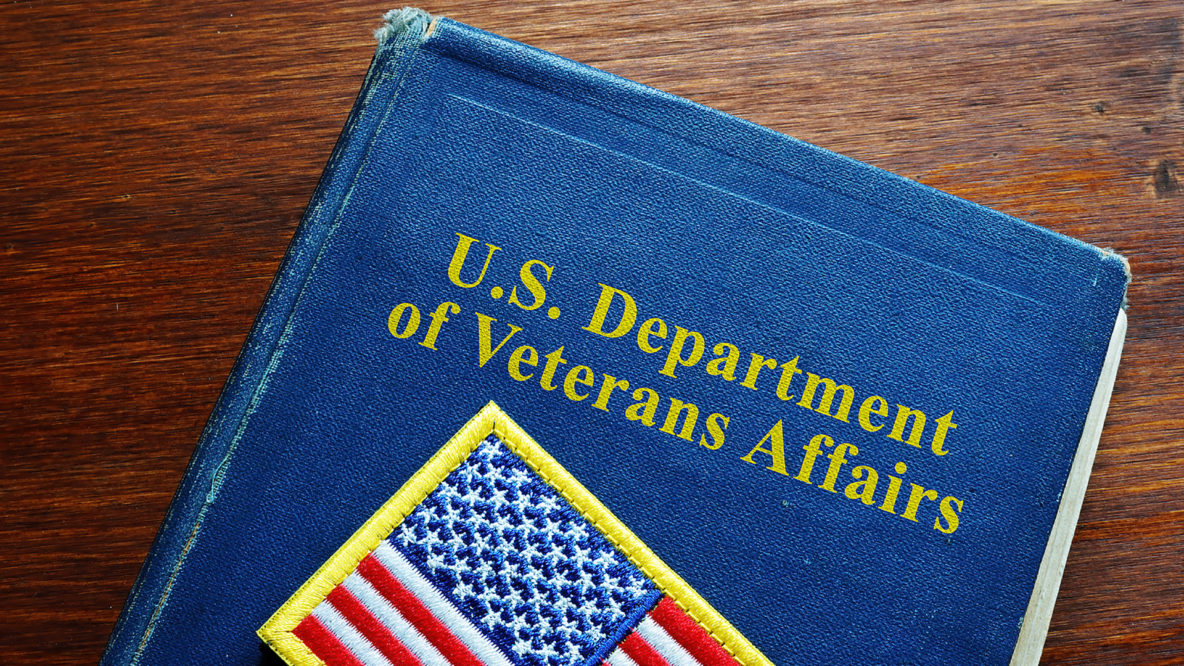If you are a wartime veteran or a spouse, and you are considering a more supportive lifestyle such as assisted living, but are concerned about finding sources of funding, you need to know about specific Veterans Benefits that could help you or a loved one pay for senior living. At Senior Star, we are proud of our residents who have served our country as well as their spouses. We welcome them to experience the extraordinary level of care and service that is available at all of our communities.
Understanding Veterans Benefits for paying for senior living
It’s estimated that 20% of people over 65 could qualify for Veterans Benefits for senior living under the right conditions. Unfortunately, many do not know about these benefits or they may not realize they are eligible. The result is that only about 5% of those who are eligible are receiving it.
Who is eligible
Wartime veterans or a surviving spouse with limited income may be eligible to receive a non-service-connected pension to assist in paying for long-term care such as assisted living, home health care, adult day care, or skilled nursing.
Surviving spouses must have been married to a veteran for at least one year. You must have been married to a veteran at the time of their death. You must present your veteran spouse’s death certificate.
Known as Aid & Attendance, this increased monthly pension amount may be added to your monthly pension if you meet one of the following conditions:
- You need another person to help you perform daily activities like bathing, feeding, using the toilet, dressing, adjusting prosthetic devices, or protecting yourself from the hazards of your daily environment
- You have to stay in bed — or spend a large portion of the day in bed — because of illness
- You are a patient in a nursing home due to the loss of mental or physical abilities related to a disability
- Your eyesight is limited (even with glasses or contact lenses you have only 5/200 or less in both eyes; or concentric contraction of the visual field to 5 degrees or less)
The Housebound Benefit is an increased monthly pension amount that may be added to your monthly pension when you are substantially confined to your immediate premises due to permanent disability.
Changes to Aid & Attendance (as of 2018):
- If a veteran purchases an annuity or transfers an asset and then applies for the benefit, the VA will add any transfer made after October 17, 2018, back to their assets when determining if total assets are less than $127,061.
- As of October 18, 2018, if veterans and their surviving spouses are living in an independent or assisted living community or a nursing home and they have a primary home they wish to rent, the VA will not count the house as an investment, but will keep it excluded as their primary home. While the rental income will count as income, the exclusion of the home as an asset will allow families to maximize the earning potential of the home to pay for care while retaining the home for later sale or inheritance by the veteran’s heirs. This is an example of how Veterans Benefits for senior living can make a significant difference.
How to apply for Veterans Benefits for senior living
You may apply for Aid & Attendance or Housebound Benefits by writing to the Pension Management Center (PMC) that serves your state. You may also visit your local regional benefit office to file your request. Visit https://www.va.gov/find-locations/.
At Senior Star, we are here to answer your questions about Veterans Benefits for senior living, as well as other funding sources.
Senior Star Assisted Living communities bring the activities of daily living together with the support for whatever level of senior care services a resident needs. Contact us. And download our free guide “A Family Guide to Funding Senior Care & Housing” for more helpful information.


